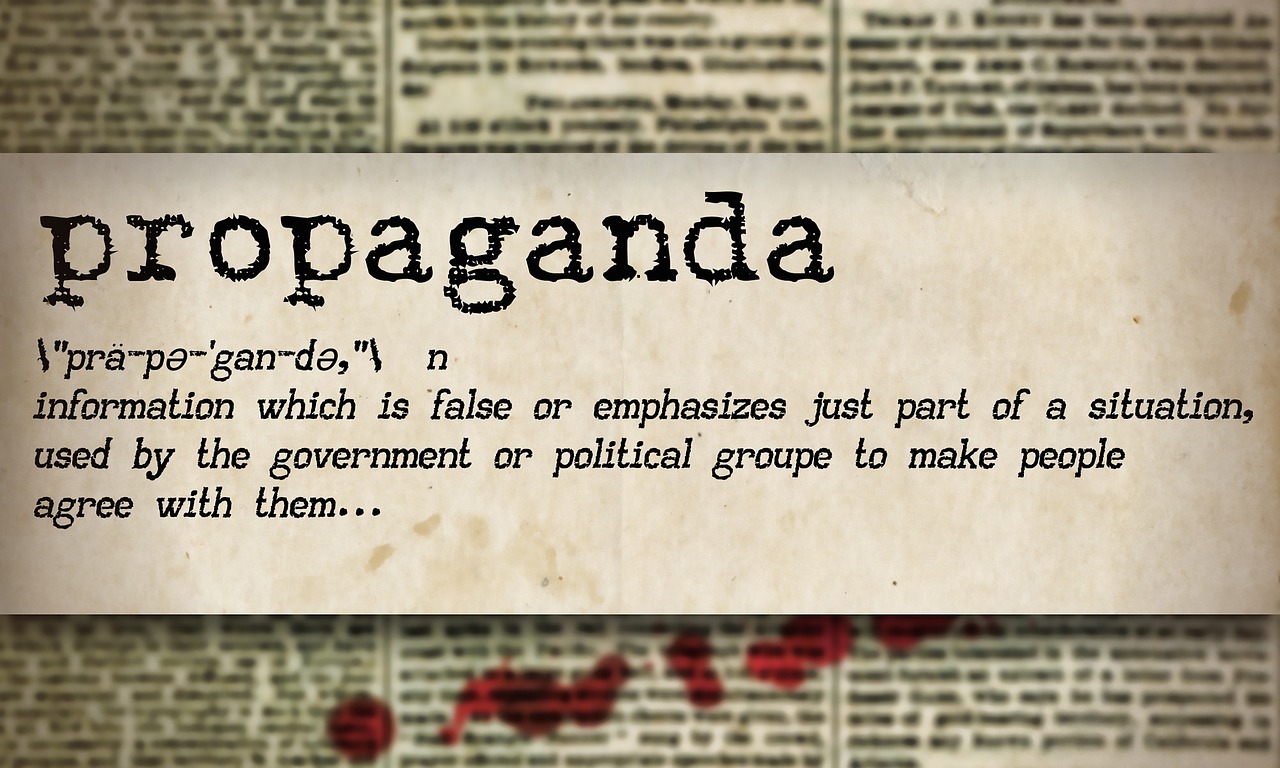In a particularly timely and instructive work, Doug Irving of the RAND Corporation offers insight on how pernicious the “decay of truth” is to our security, and more to the point our adhesion to one another as Americans with common goals, hopes and dreams.
Writes Irving, “You could walk up to most Americans and ask them, ‘What are our national interests?’ and there would actually be a lot of agreement,” said Williams, the associate director of the International Security and Defense Policy Program at RAND. “Now, how do we achieve those national interests? There are lots of legitimate views about that—but Truth Decay makes it harder for people to have a reasoned debate. Partisanship and political self-interest get pushed to such an extreme that there is no middle ground where compromises, let alone consensus, can be achieved.” (RAND, 2023). The “middle ground” to which Irving refers is the foundation of a fair democratic system. Our democracy works when parties are able to share, discuss and at times fiercely debate differences of policy opinion. I stress here the word, “opinion”, because we observe currently a broad coalition of citizens that accept unqualified and un-vetted opinions as truths. “A new NPR/Ipsos poll finds that 64% of Americans believe, . . . that “voter fraud helped Joe Biden win the 2020 election” — a key pillar of the “Big Lie” that the election was stolen from former President Donald Trump. (NPR, 2022). It is a FACT that voter fraud is almost non-existent, and that the few cases of voter fraud are so insignificant that they cannot affect the outcome of a national election. Voter fraud is a myth.
Per Irving, “The poll found that support for false claims about election fraud and the January 6th attack have been remarkably stable over time. For example, one-third of Trump voters say the attack on the Capitol was actually carried out by “opponents of Donald Trump, including antifa and government agents” — a baseless conspiracy theory that has been promoted by conservative media since the attack, even though it has been debunked.” (RAND, 2023) The lie continues to be frighteningly persistent, only on the right. I am not shooting down some of the very important (and valid) policy positions that the Republican coalition hold. In fact, I do agree with some of them. My problem is with the lies, the disinformation propagated by the right and their engagement in disinformation activities that would make Goebbels blush. The problem here is compounded by the observation of disinformation effectiveness among our adversaries. “China, Russia, and other adversaries already know this. They have weaponized disinformation—seeding the internet with rumors and conspiracy theories in the panicked early days of COVID-19, for example. That helped slow the response and almost certainly cost lives. But it also makes it harder to hold up American democracy as a model for the world.” (RAND, 2023)
Circling back to my point about vigorous debate, how an argument over policy points improves the health of our democracy, the debate must be based on a shared set of objective facts. One CANNOT engage in legitimate debate when one side lies, and lies almost all of the time. Further, the lies are reinforced by a group of conservative media that keep otherwise well-intentioned citizens inside of an information bubble that repeats falsehoods ad infinitum. Fox, OAN, Breitbart, the Daily News and others are the chief offenders, Fox, was most recently ordered to pay nearly $800 million for, . . . lying. What is the solution? How do we get back to caring about one another, or more to the point, caring about the health of our democracy? Irving offers some prescient advice.
“The U.S. Intelligence Community, the U.S. Department of Homeland Security, and other government agencies are already investing in efforts to swat down misinformation and disinformation before they take hold. Efforts to strengthen media literacy and civics education in school could also help strengthen the public against Truth Decay, especially on questions of national security.” (RAND, 2023) Irving and others are not the first to offer this partial solution. I would humbly add here that our youth, grade schoolers would be well-served by the inclusion of coursework on disinformation and its nefarious effects on all of us. The technique is called “inoculation”, work that much like a vaccine provides our kids with some basic defense mechanisms to internal and external attempts to subvert our system. Estonia includes media literacy work in their grade school curriculums, thus there is precedence. Further work on the RAND strategy might include the same.
I recommend a full read of Irving’s piece on RAND’s blog.

